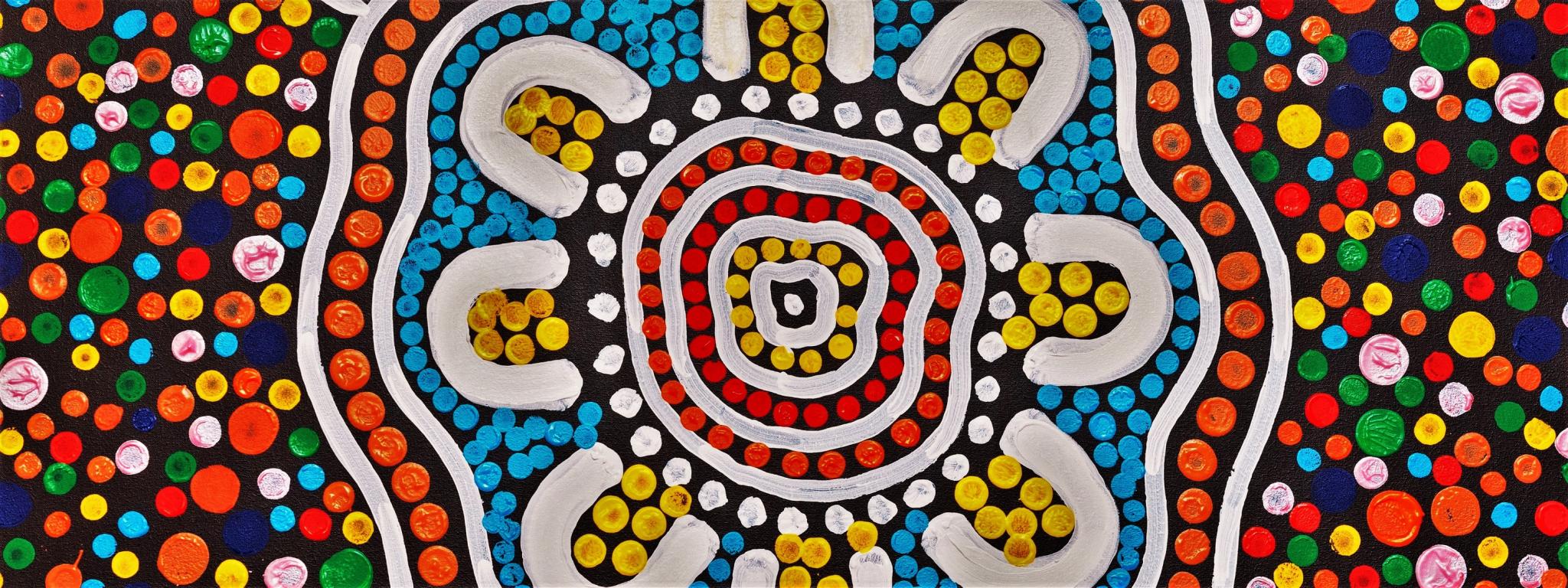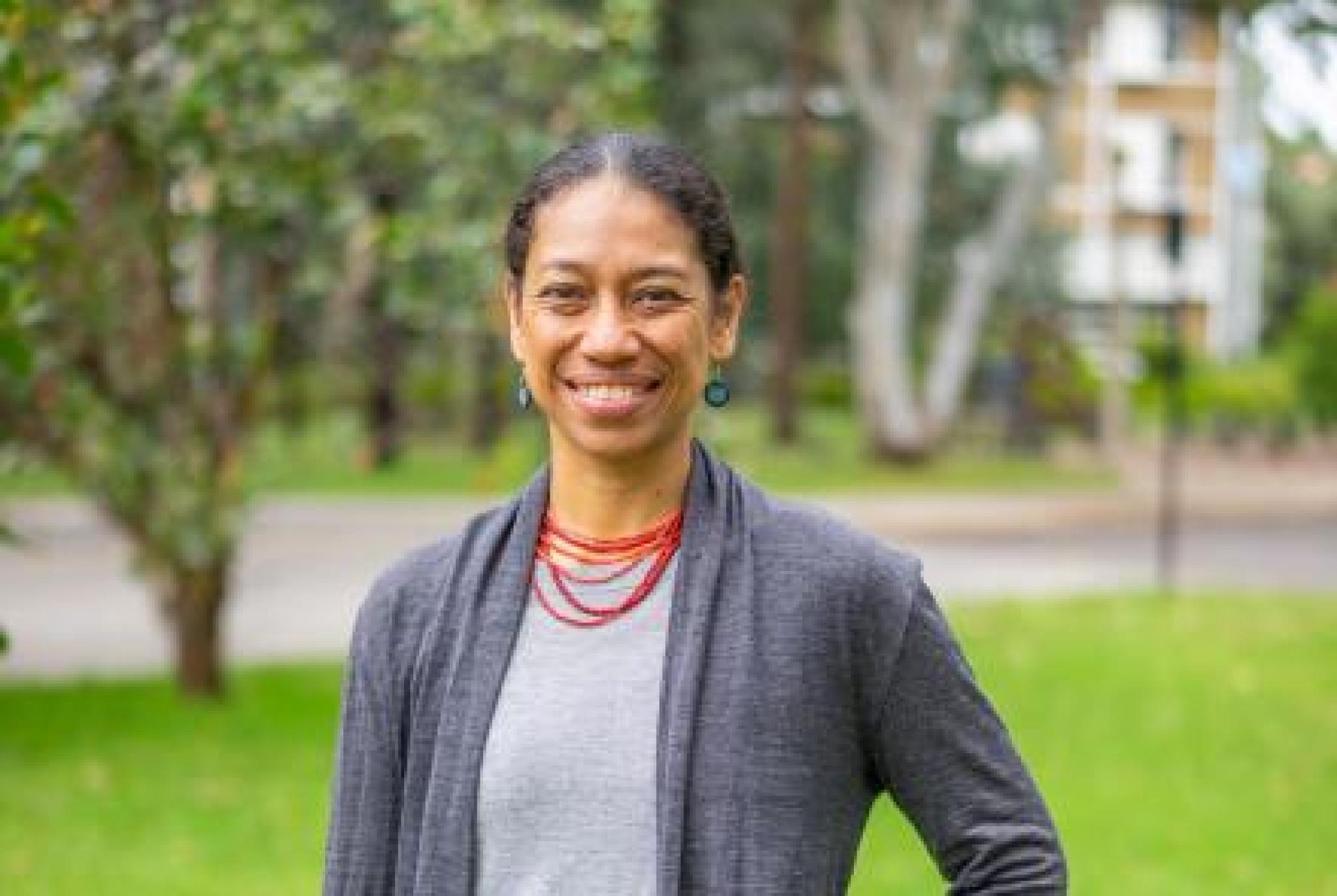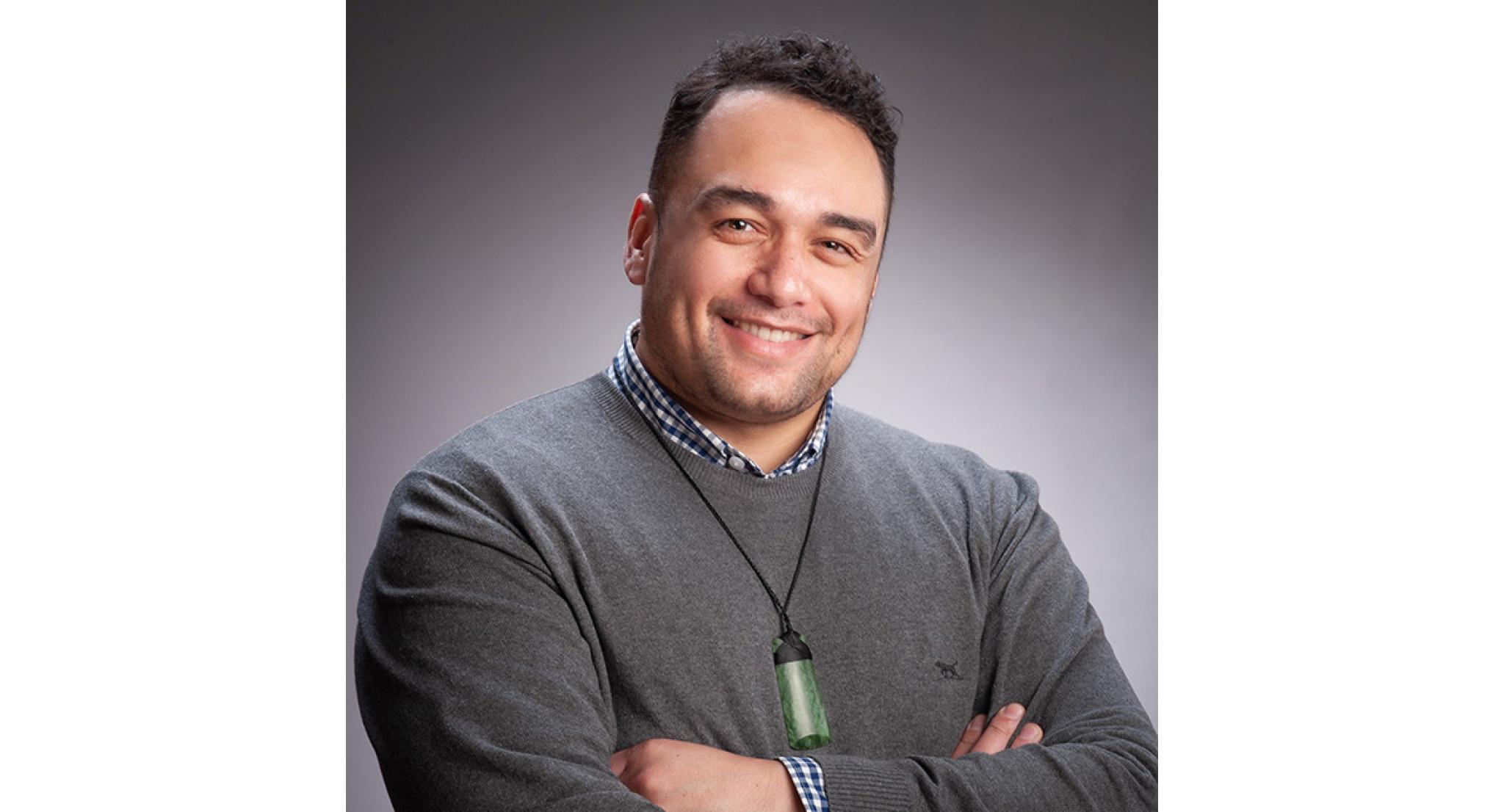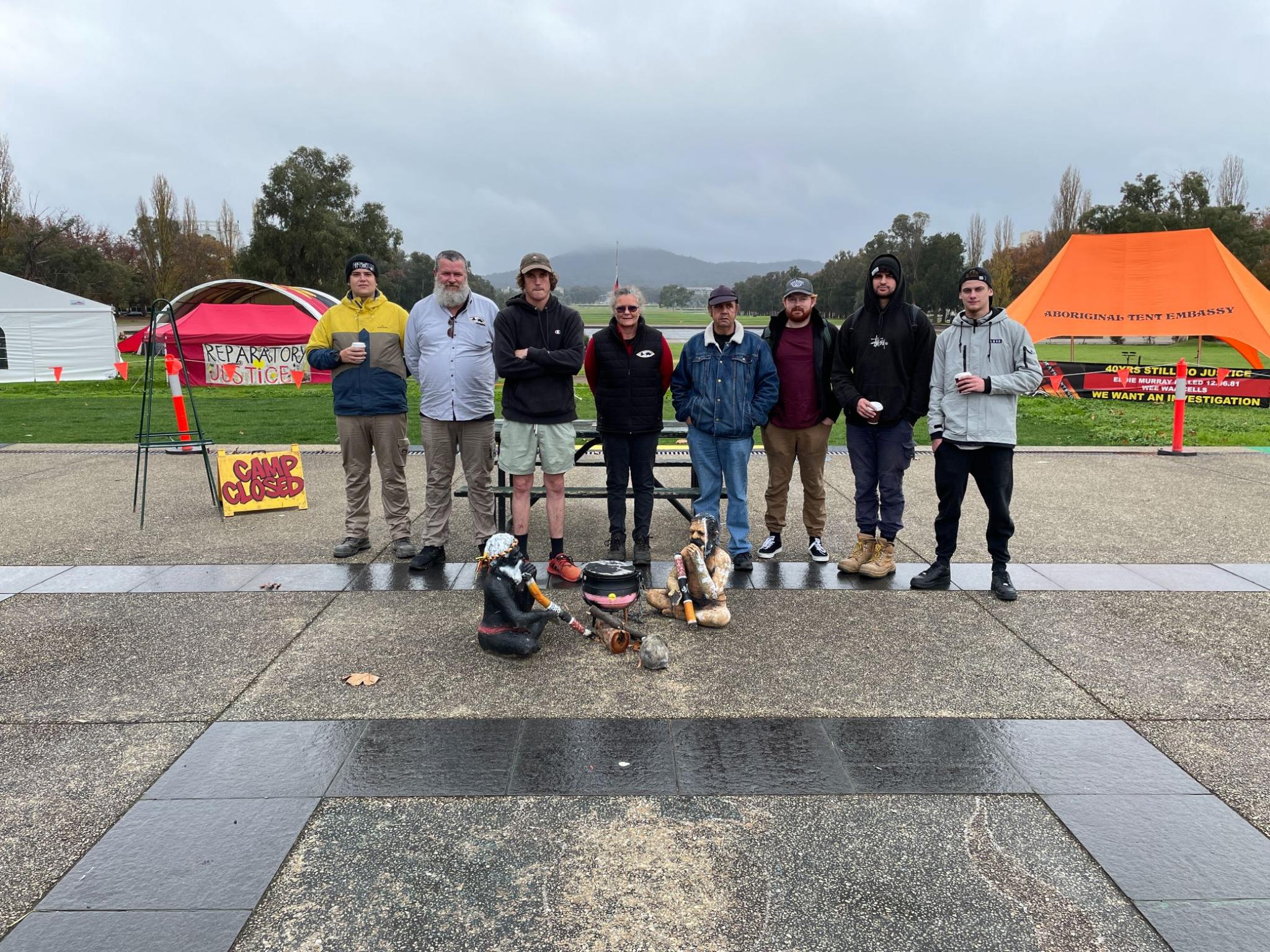Funded by an Australian Research Council Special Research Initiative grant, the project ARCHIVES IN BARK seeks to record and contextualise Indigenous and non-Indigenous carvings and inscriptions on ancient Australian boab trees (Adansonia gregorii) growing across the Kimberley.
One of the great challenges facing academia in Australia, especially in the sciences, is the capacity to include, and be inclusive of, Indigenous knowledge systems. There has long been an opportunity for researchers to be more inclusive of traditional knowledge systems. Yet, part of the problem has been that researchers have traditionally often viewed engagement with Indigenous communities as merely an exercise in extracting knowledge, rather than a collaborative learning opportunity. Traditional knowledge intersects with both the HASS and STEM disciplines, necessitating greater interdisciplinary collaboration and drawing on expertise beyond the scope of individual researchers or disciplines. As such, bringing together Indigenous communities and university academics is the pressing need to foster an ideal environment for scoping out better ways of integrating Indigenous knowledge and learning into education, research and training approaches.CHL has consistently made this a focus area.
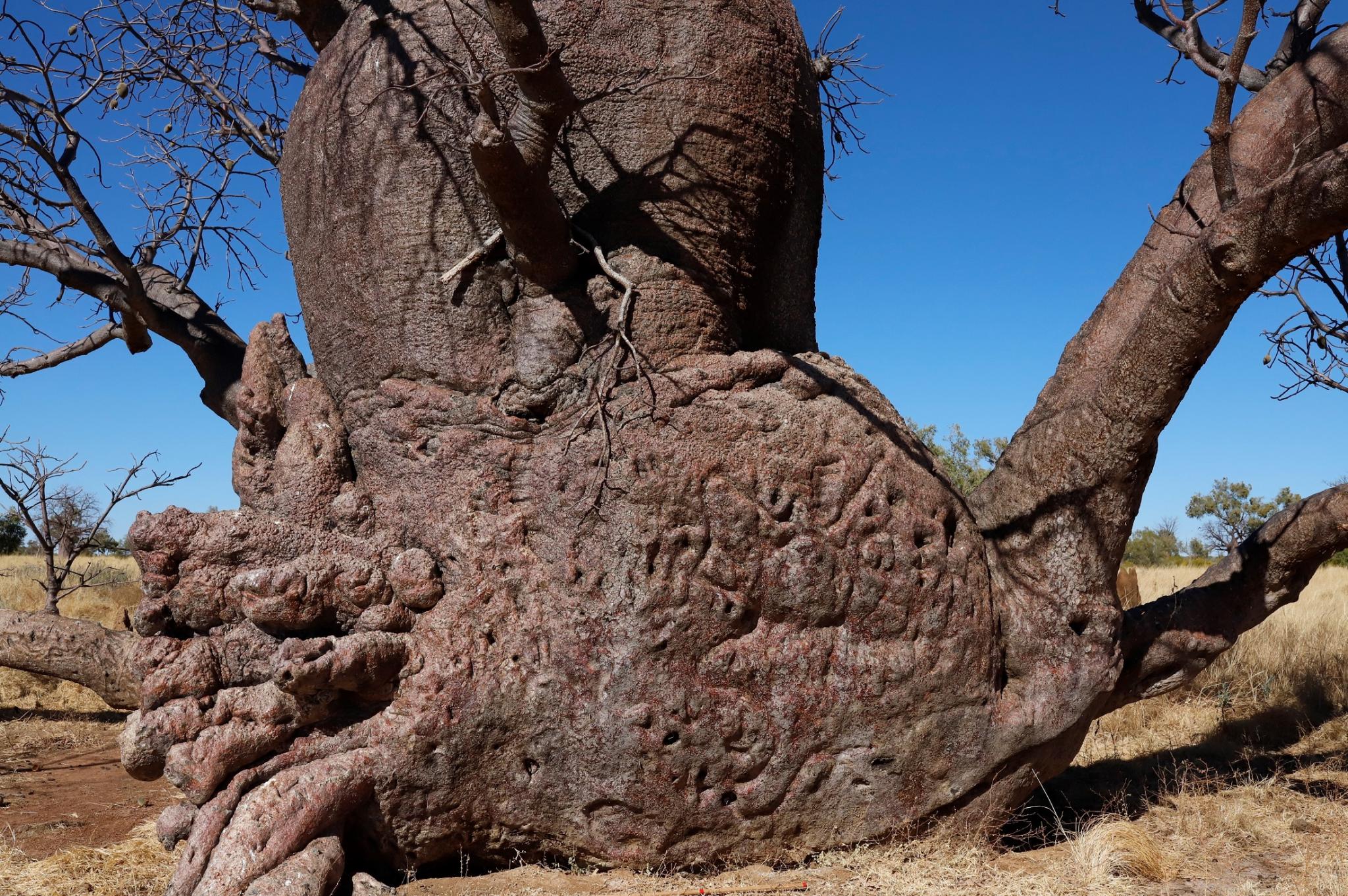
Decolonial Possibilities
“Decolonising the Academy: Trans-Indigenous Possibilities” is a Flagship project of the School of Culture, History and Language at the ANU, that brings together Indigenous scholars from across Australia, the Pacific and Asia, in an ongoing dialogue about what it means to practice decolonial academic work.
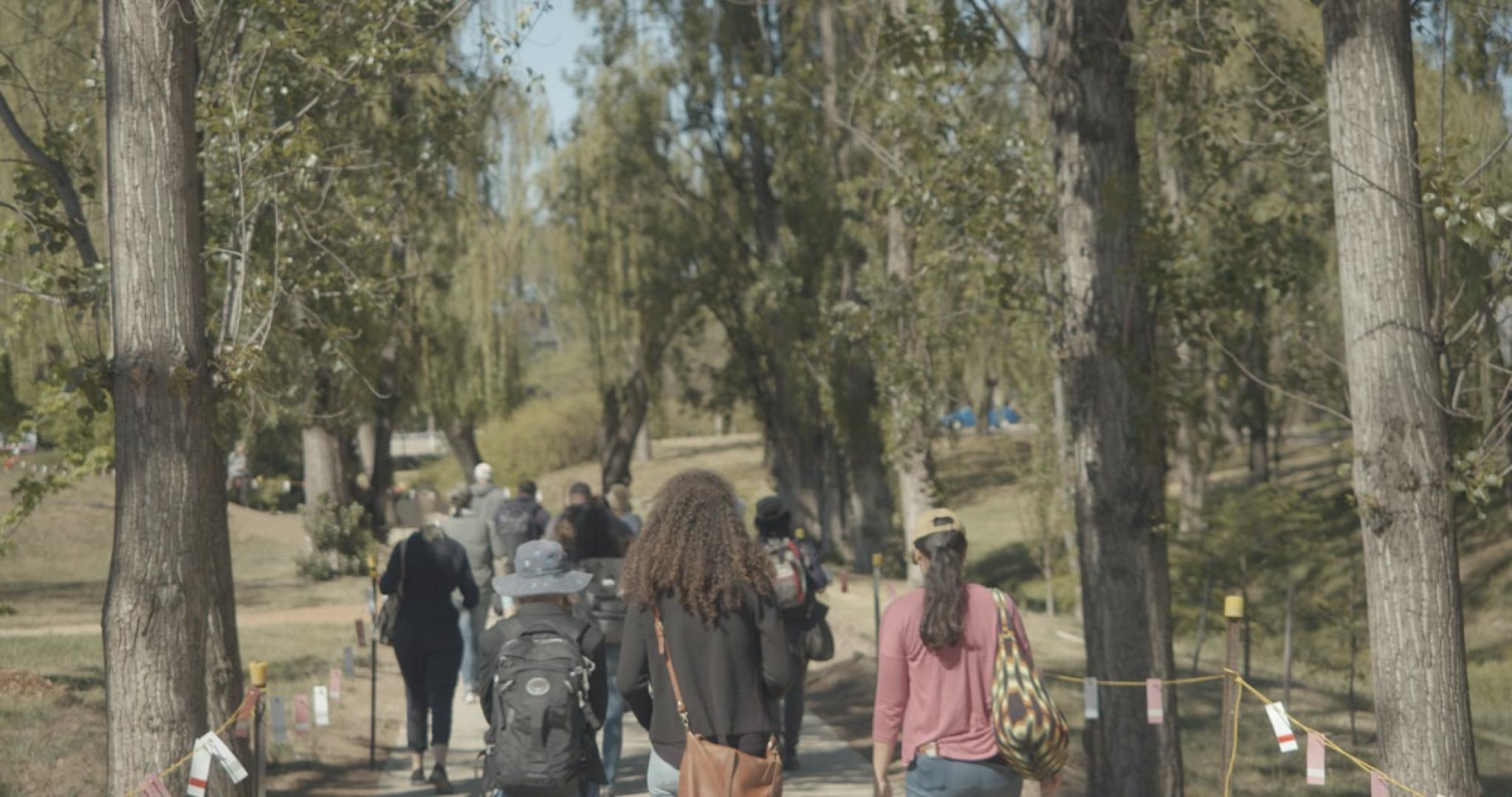
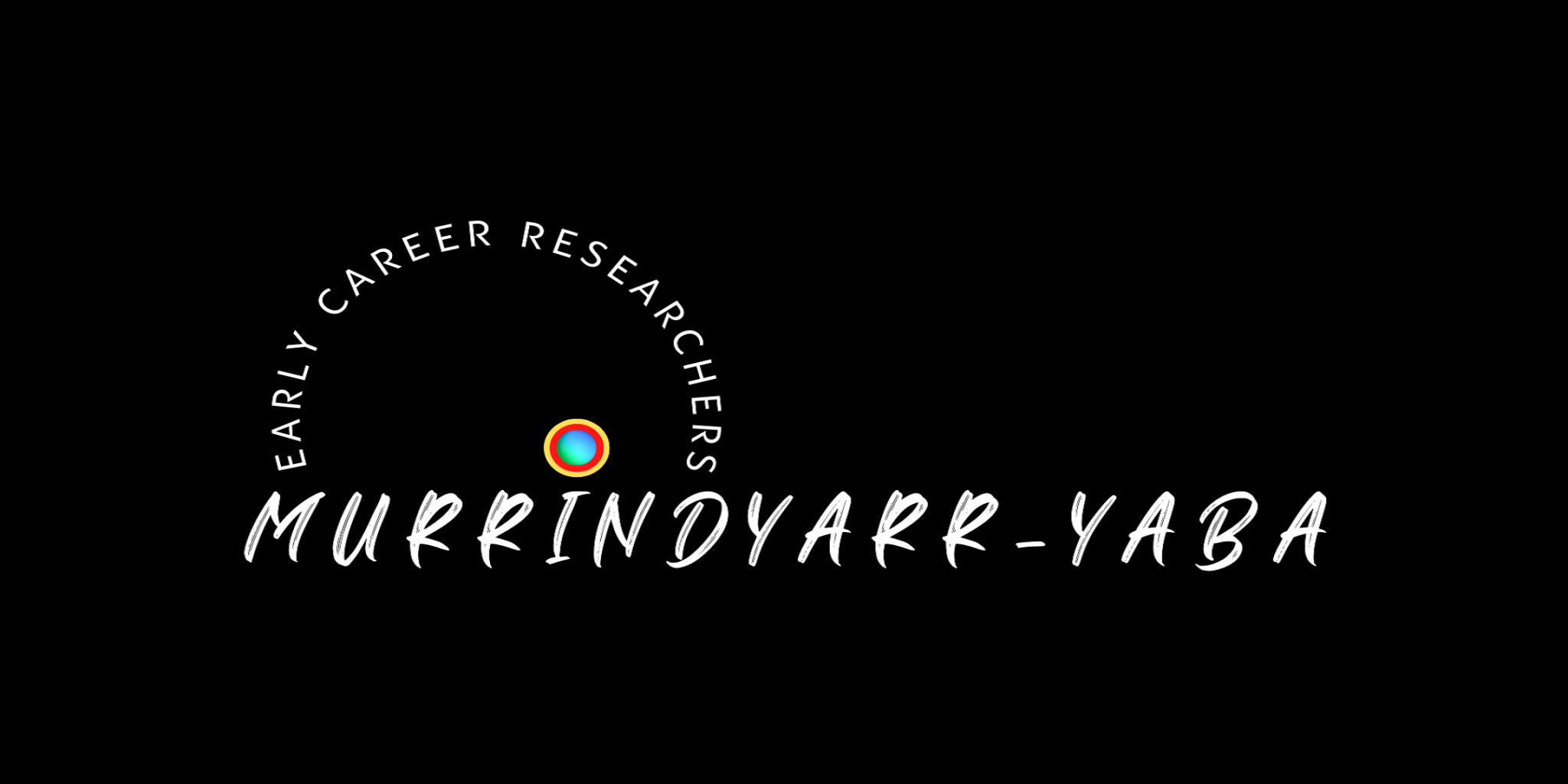
Murrindyarr-yaba
The Murrindyarr-yaba CHL Early Career Researchers’ (ECR) Collective was established in 2021 as a culturally safe space for members to come together and interact.
Murrindyarr-yaba is a phrase used by the Traditional Custodians of the Ngunnawal Walgalu-Ngambri Country (Canberra and surrounds). Gifted to the Collective by Senior Elder Aunty Matilda House, ‘Murrindyarr’ translates to “people of present times” and ‘yaba’ means “talk”. While embodying the function and spirit of our Collective, the name acknowledges the Traditional Owners where we live and work.
Indigenous Engagement and Heritage Initiative
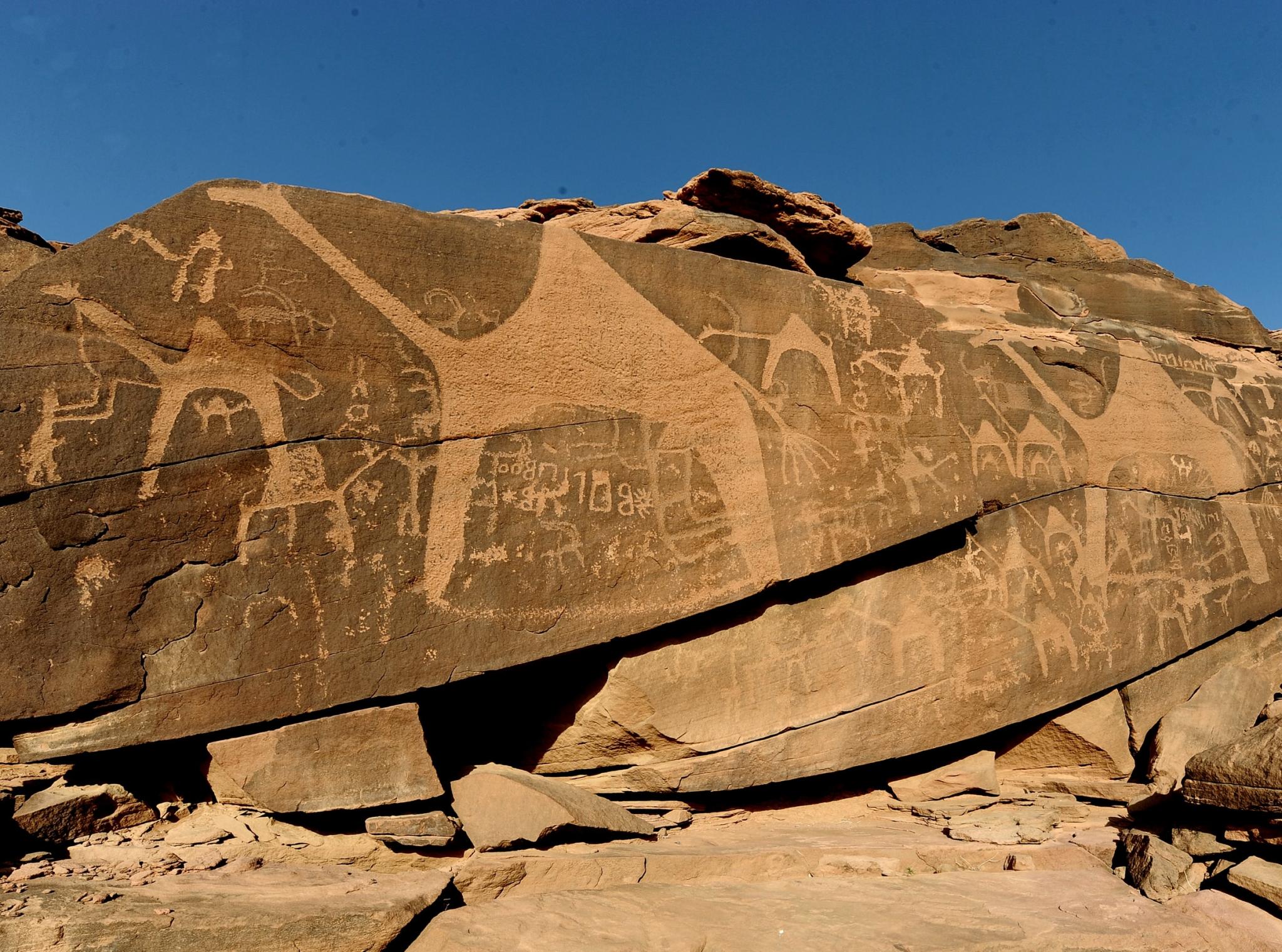
Indigenous Engagement and Heritage Initiative
As Australia's only national university, ANU is uniquely placed to engage with and inform Government regarding heritage significance and the nomination of significant places for National heritage listing. Academics in the College of Asia and the Pacific and the College of Arts and Social Sciences have been instrumental in writing about the heritage values of Indigenous places and in nominating sites for heritage listing. However, they have had little direct engagement with Government. We propose to remediate this situation through this initiative, which will bring together First Nation Elders from around Australia (including Torres Strait), academics and Government.
